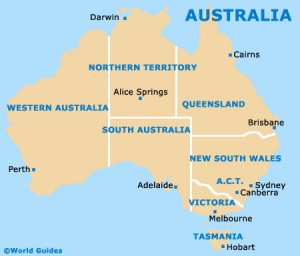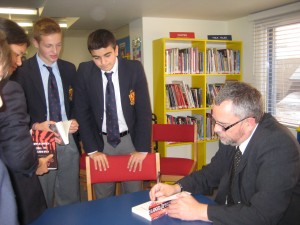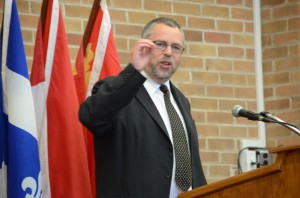 Let’s simply refer to it as the Malala effect. It’s what happens when a young teenage girl is victim of brutal violence by radicals, and through some extraordinary personal will, rises up strong and brave – willing to stare evil directly in the face. In so doing she has shared a very powerful message with the world. So what exactly is the Malala Effect?
Let’s simply refer to it as the Malala effect. It’s what happens when a young teenage girl is victim of brutal violence by radicals, and through some extraordinary personal will, rises up strong and brave – willing to stare evil directly in the face. In so doing she has shared a very powerful message with the world. So what exactly is the Malala Effect?
The name Malala now has global recognition. Malala Yousafzai is a 16-year-old Pakistani girl living in Birmingham, England. Two years ago, she lived in Pakistan’s Swat Valley and attended school. Since the age of 11 she blogged for the BBC’s Urdu-language service, sharing routine details of her life and described the Taliban’s severe crackdown on culture, music and limits to schooling for girls. She also openly shared her views on the importance of education for girls in her country and all poor developing states. Yes, she blogged despite the views of radical elements in her country who threatened to keep girls out of the classroom, expecting them to focus instead on a lifetime of domestic chores around the home. Almost exactly one year ago, on October 9, 2012, several members of the Taliban followed Malala and at close range, shot her in the head and neck in front of other school children on a school bus.
Amazingly, she survived the shooting and eventually received medical treatments in England. Rather than cower in fear from the Taliban, she has increased her efforts to work toward more education for girls the world over. In short, Malala has shown exceptional resolve and courage. Last summer on her 16th birthday she appeared before a United Nations committee and was recently named an honorary Canadian citizen – a very rare honour. She has also just released a book entitled I am Malala that tells her life story.
Malala has shown us all what young people can achieve and the power of courage and personal resolve in the face of evil or overwhelming odds. She also reminds each of us about working to potential and why sometimes we should simply encourage young people to reach for the stars. Her conviction and resolve are truly unforgettable. In essence, these qualities are the core elements of the Malala Effect. We hope through her example, some of them will rub off on our students at LCC.
Here are some of Malala’s words from her impressive speech to the UN Youth Assembly on her 16th birthday on July 12th:
“The terrorists thought that they would change our aims and stop our ambitions but nothing changed in my life except this: Weakness, fear and hopelessness died. Strength, power and courage were born….
We must believe in the power and the strength of our words. Our words can change the world. Because we are all together, united for the cause of education. And if we want to achieve our goal, then let us empower ourselves with the weapon of knowledge and let us shield ourselves with unity and togetherness. Dear brothers and sisters, we must not forget that millions of people are suffering from poverty, injustice and ignorance. We must not forget that millions of children are out of schools. We must not forget that our sisters and brothers are waiting for a bright peaceful future. So let us wage a global struggle against illiteracy, poverty and terrorism and let us pick up our books and pens. They are our most powerful weapons. One child, one teacher, one pen and one book can change the world. Education is the only solution. Education First.”
(Read more at: http://ibnlive.in.com/news/full-text-of-malala-yousafzais-speech-at-united-nations/406812-2.html?utm_source=ref_article)
–Christopher Shannon, Headmaster



